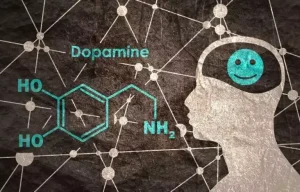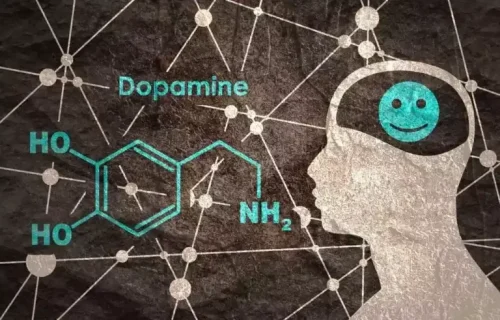- May 16, 2020
- Posted by: admin
- Category: Sober living

However, if anxiety is the only symptom they have, it wouldn’t be assumed to be a histamine issue. For individuals who struggle with histamine-related issues, it may be wise to avoid fermented foods. Alcohol withdrawal is common, but delirium tremens only occurs in 5% of people who have alcohol withdrawal. Alcohol has a slowing effect (also called a sedating effect or depressant effect) on the brain. In a heavy, long-term drinker, the brain is almost continually exposed to the depressant effect of alcohol.
- People who frequently drink are more likely to experience episodes of depression, and they may drink more in an attempt to feel better.
- As this pattern continues, individuals often find themselves trapped in a cycle where depression and alcohol feed off each other.
- Alcohol Use Disorder or AUD is a brain disorder in which people are unable to stop or control drinking despite it causing harm to their lives.
- However, alcohol can make these feelings and other symptoms worse over time, perpetuating the cycle of alcohol consumption and depression.
The Hidden Aftermath: Anxiety and Depression Days After Binge Drinking
Long-term heavy alcohol use is linked to the development of depression and anxiety (1). Numerous studies have found links between heavy drinking over a long period and an increased risk of developing dementia (6). Areas of the brain that could be affected include the Alcoholics Anonymous cerebral cortex and the hippocampus. Shrinkage in these areas can lead to difficulties learning new things and memory lapses (2, 5). Drug withdrawal is usually an aversive experience, and it can be a life-threatening process in individuals who have a long history of very high doses of alcohol and/or barbiturates. A history of high doses of substances is of such concern that people who are trying to overcome addiction to these substances should only do so under medical supervision.
- Alcoholic hallucinosis is where you hear sounds, voices or music when you aren’t drunk or haven’t suddenly stopped drinking.
- It’s often a lifelong commitment, but one that can improve your life, health, and well-being in the long term.
- Surgeon General issued an urgent health advisory, ranking alcohol as the third leading cause of cancer, right after tobacco and obesity.
- It’s important to note that correlation does not imply causation, but one possible reason for this negative association could be that fermented foods are rich in compounds that increase histamine levels.
- Talk to a healthcare provider when you are considering quitting if you have a long history of heavy drinking or alcohol use disorder.
- A recent report from the Collaborative Study on the Genetics of Alcoholism (COGA) focused on 591 personally interviewed relatives of alcohol-dependent men and women (Schuckit et al. 1995).
Study at Cambridge
Alcohol withdrawal syndrome happens when someone stops drinking alcohol when they have been drinking a lot for a long time. These feelings are caused by alcohol and the other chemicals in alcoholic drinks making you dehydrated and causing your blood sugar to fall. If you have struggled to stop using alcohol, or if alcohol is making your mental health worse, talk to your GP. There might be another reason that you are experiencing mental health problems, and you might need more help.

An Unhealthy Relationship Between Depression and Alcohol: Alcohol Worsens Depression Symptoms

Several separate lines of evidence cast doubt on the possibility that high proportions of alcoholics have severe, long-term depressive or anxiety disorders. Simultaneous treatment for alcohol misuse and a depressive disorder can help you or your loved one take back control of your mental health, physical wellbeing, and overall happiness. It is important to note that medications for alcohol use disorder are a first-line treatment.
- An immune response causes alcohol allergy, whereas the digestive system is responsible for alcohol intolerance.
- These rapid improvements include, but are not limited to, innovations in hospital beds — which are crucial.
- People who have delirium tremens should be admitted to hospital for immediate medical support.

Researchers agree that alcohol and depression have a bidirectional relationship, meaning that depression can cause overuse of alcohol, but overuse of alcohol can also cause depression. Drinking alcohol can become a coping mechanism to deal with does alcohol make depression worse feelings of hopelessness, numbness, guilt, and worthlessness. These will help you to understand why you drink, and how drinking affects your behaviour and social life. These changes are caused by the effect alcohol has on the front of the brain, which controls behaviour and social interactions.

